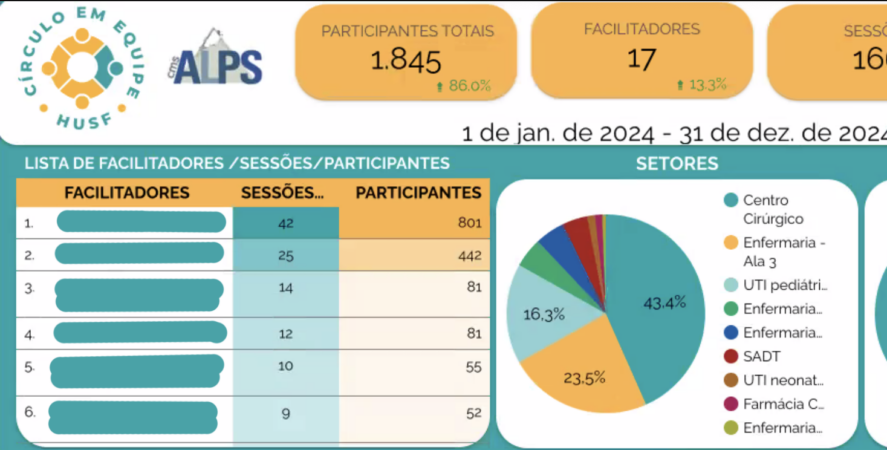
The Hospital Universitário Sagrada Família (HUSF) in Araguari, Brazil, with the assistance of CMS Affiliate Master Education Institute President Antonio Carlos (IMEPAC), has taken a significant step towards creating a people-first hospital organization by implementing Circle Up (known in Brazil as “the Team Circle”), a teamwork approach invented by Chris Roussin at the Center for Medical Simulation (CMS). With the leadership of President José Júlio Lafayette and Chief Learning Officer Dr. Henrique Arantes, the hospital has embraced Circle Up across all teams, promoting a culture of supportive teamwork, clinical readiness, and psychological safety.
The implementation of Circle Up at HUSF involves three types of daily huddles among clinical teams: warmups (also known as briefings), supportive peer check-ins, and cooldowns (or debriefings). These huddles foster open communication, teamwork, and psychological safety, promoting a culture of collaboration and respect. Since its implementation, Circle Up has already shown impressive results, with over 200 huddles conducted in just a few months, involving nearly 20 trained clinician-facilitators and over 2,000 individual participations.
